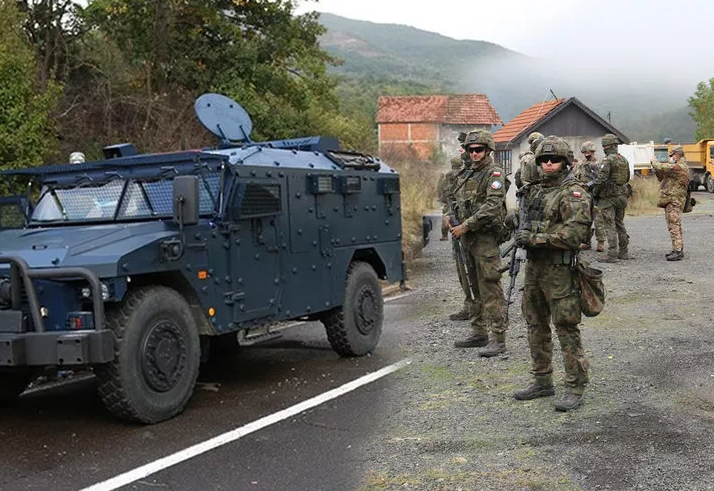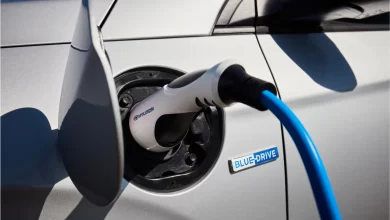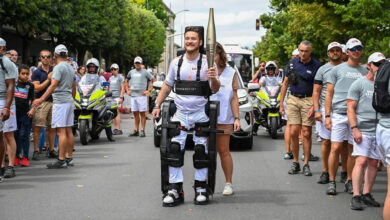The Balkans Are Tense! Great Tension Between Serbia and Kosovo

The Balkans Are Tense! Great Tension Between Serbia and Kosovo
The ongoing tension between Serbia and Kosovo has reached its climax. Finally, Serbian President Aleksandar Vucic chaired the National Security Council meeting. Pointing out that today is the “most difficult day” for him since he took over the presidency, Vucic said, “Probably the most difficult night is ahead, our duty is to call for peace.” used the phrase. Vucic announced that he was repeating his call for peace before issuing any orders to increase preparedness for war.
Tensions rise in the Balkans. The ongoing conflict between Serbia and Kosovo brought the two countries face to face. Recently, there have been successive statements from the leaders of the two countries. Finally, Serbian President Aleksandar Vucic gave a clear message after the National Security Council meeting. “We will do our best to keep the peace before issuing any orders to increase preparedness for war,” said President Vucici. said. used expressions. Here are the details of the news…
After meeting with Serbian National Security Council in Belgrade, Vucic made statements to Serbian Radio and Television.
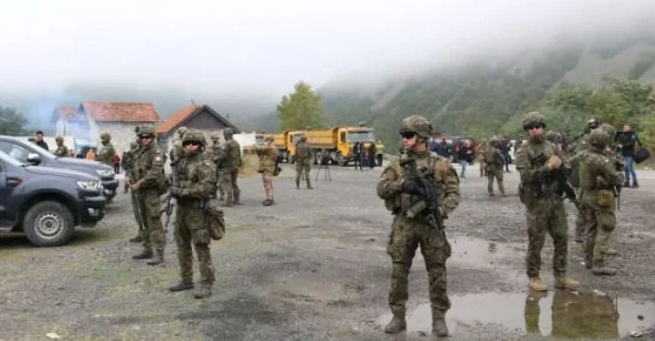
Pointing out that the situation in the north of Kosovo is “quite difficult”, Vucic said, “There is a nation’s struggle for survival on the ground. It is aimed to solve the ‘Serb problem’ in the north of Kosovo. Pristina and some parts of the international community also agree with this. Kosovo police do not have the right to be in the north. “
“It is important to call on Albanians and Serbs to keep the peace. I urge Serbs to remain calm and not come to provocations. (European Union Rule of Law Mission) EULEX and (NATO’s Peacekeeping Force in Kosovo) should not attack KFOR.” said Vucic. aforementioned.
Peace Call
Pointing out that today is the “most difficult day” for him since he took over the presidency, Vucic said, “Probably the most difficult night is ahead, our duty is to call for peace.” used the phrase.
Vucic continued:
“It is a difficult night for the Serbs in Kosovo, it is my duty to be with them. We have received assurances from KFOR and Europe that they will not use violence against the demonstrators, we will continue to meet with them. We have taken the necessary measures to protect our homeland. I gave the most important orders and the National Security His board agreed, “I’m proud of our police and military. We will do everything we can to keep the peace before issuing any orders to increase war preparedness.”
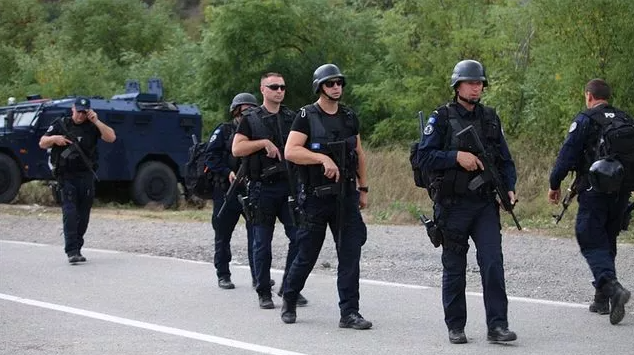
Vucic also referred to the barricades erected in the north of Kosovo, “No Albanian’s movement is restricted. None of the Albanians pass through those roads. This is the expression of those people’s protests against arrests, violence, ill-treatment and non-fulfillment.” Brussels Agreement.”
TENSION IS RISING BETWEEN KOSOVO AND SERBIA
The two countries faced each other once again before the early general elections scheduled for 18 December in 4 municipalities in the north of Kosovo, where the Serb population is densely populated.
Kosovo’s increase in the presence of security forces in the Serb populated areas in the north of the country in order to ensure security in the region before the election caused mutual tension between the two countries.
After the events in the north, Kosovo President Vjosa Osmani announced that the early local elections were postponed to April 2023, but this decision did not ease the tension in the region.
Kosovo Police claimed that he was attacked during the EULEX night patrol, when Kosovo Serbs set up barricades in the north of the country following the detention of former Serb member Dejan Pantic.
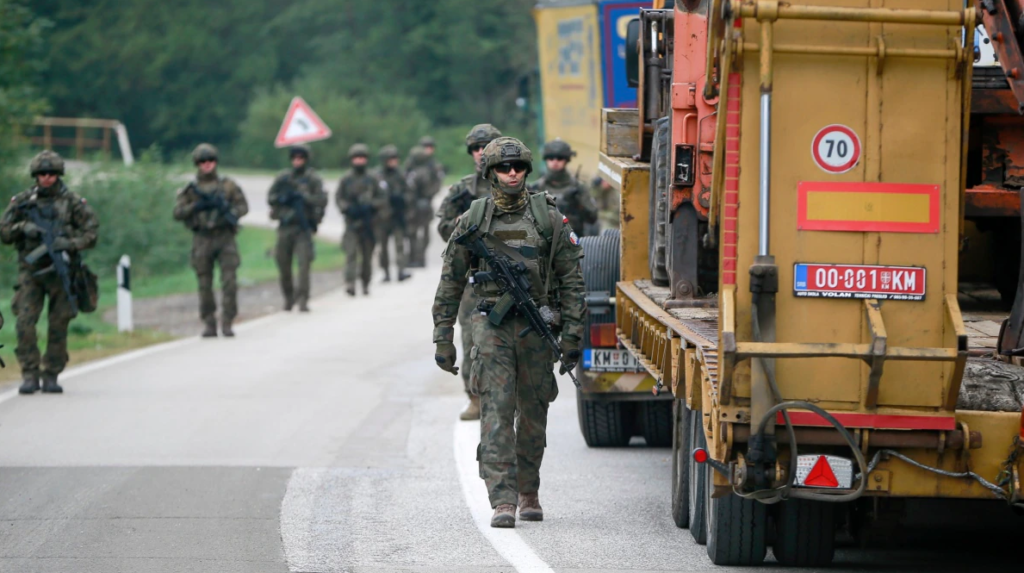
Petar Petkovic, Director of Serbia’s Office of the Government of Kosovo, claimed that Kosovo Prime Minister Albin Kurti’s Kosovo Special Police Unit (ROSU) broke into Gazivode and tore Serbian flags.
While the European Union (EU), NATO and the US call for de-escalation in northern Kosovo, serious statements continue to come from Kosovo and Serbia.
Serbia considers Kosovo, which declared its independence unilaterally in 2008, as its territory.
Periodically clashing within the scope of the Belgrade-Pristina Dialogue Process, initiated in 2011 under EU mediation, Serbia and Kosovo are trying to find a common way for the normalization of relations and ultimately for the two countries to recognize each other.
